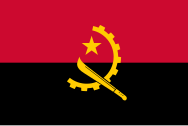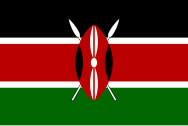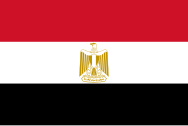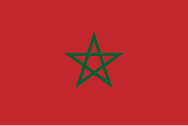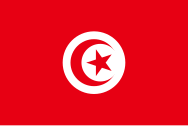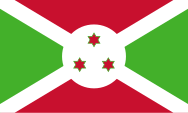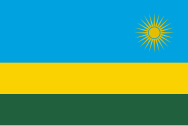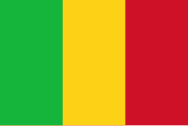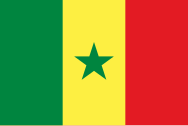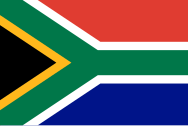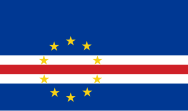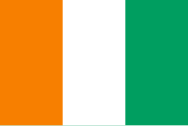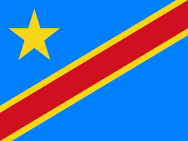- Namibia - History
- Namibia - Kingdoms
- Namibia - Royal Archives
- Namibia - Treaties
- Namibia - Economy
- Namibia - Technology
- Namibia - Diaspora
- Namibia - Culture
- Namibia - Migration
- Namibia - Museums
- Namibia - Architecture
- Namibia - Education
- Namibia - Geneology
- Namibia - Music
- Namibia - Art
- Namibia - Dance
- Namibia - General
- Namibia - People
Namibia
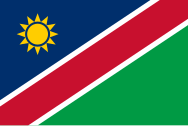
Country Flag
Namibia officially the Republic of Namibia, is a country in Southern Africa. Its western border is the Atlantic Ocean. It shares land borders with Angola and Zambia to the north, Botswana to the east and South Africa to the east and south. Although it does not border Zimbabwe, less than 200 metres (660 feet) of the Botswanan right bank of the Zambezi River separates the two countries. Its capital and largest city is Windhoek.
The driest country in sub-Saharan Africa, Namibia has been inhabited since pre-historic times by the Khoi, San, Damara and Nama people. Around the 14th century, immigrating Bantu peoples arrived as part of the Bantu expansion. From 1600 the Ovambo formed kingdoms, such as Ondonga and Oukwanyama.
In 1884, the German Empire established rule over most of the territory, forming a colony known as German South West Africa. Between 1904 and 1908, German troops waged a punitive campaign against the Herero and Nama which escalated into the first genocide of the 20th century. German rule ended during the First World War with a 1915 defeat by South African forces. In 1920, after the end of the war, the League of Nations mandated administration of the colony to South Africa. From 1948, with the National Party elected to power, this included South Africa applying apartheid to what was then known as South West Africa. In the later 20th century, uprisings and demands for political representation resulted in the United Nations assuming direct responsibility over the territory in 1966, but South Africa maintained de facto rule until 1973, when the UN recognised the South West Africa People's Organisation (SWAPO) as the official representative of the Namibian people. Namibia gained independence from South Africa on 21 March 1990, following the South African Border War. However, Walvis Bay and the Penguin Islands remained under South African control until 1994.
Namibia is a stable parliamentary democracy. Agriculture, tourism and the mining industry – including mining for gem diamonds, uranium, gold, silver and base metals – form the basis of its economy, while the manufacturing sector is comparatively small. Despite significant GDP growth since its independence, poverty and inequality remain significant in the country. 40.9% of the population is affected by multidimensional poverty, and more than 400,000 people continue to live in informal housing. Income disparity in the country is one of the world's highest with a Gini coefficient of 59.1 in 2015. With a population of 3,022,401 people today, Namibia is one of the most sparsely populated countries in the world.
Namibia is a member state of the United Nations, the Southern African Development Community, the African Union and the Commonwealth of Nations.

